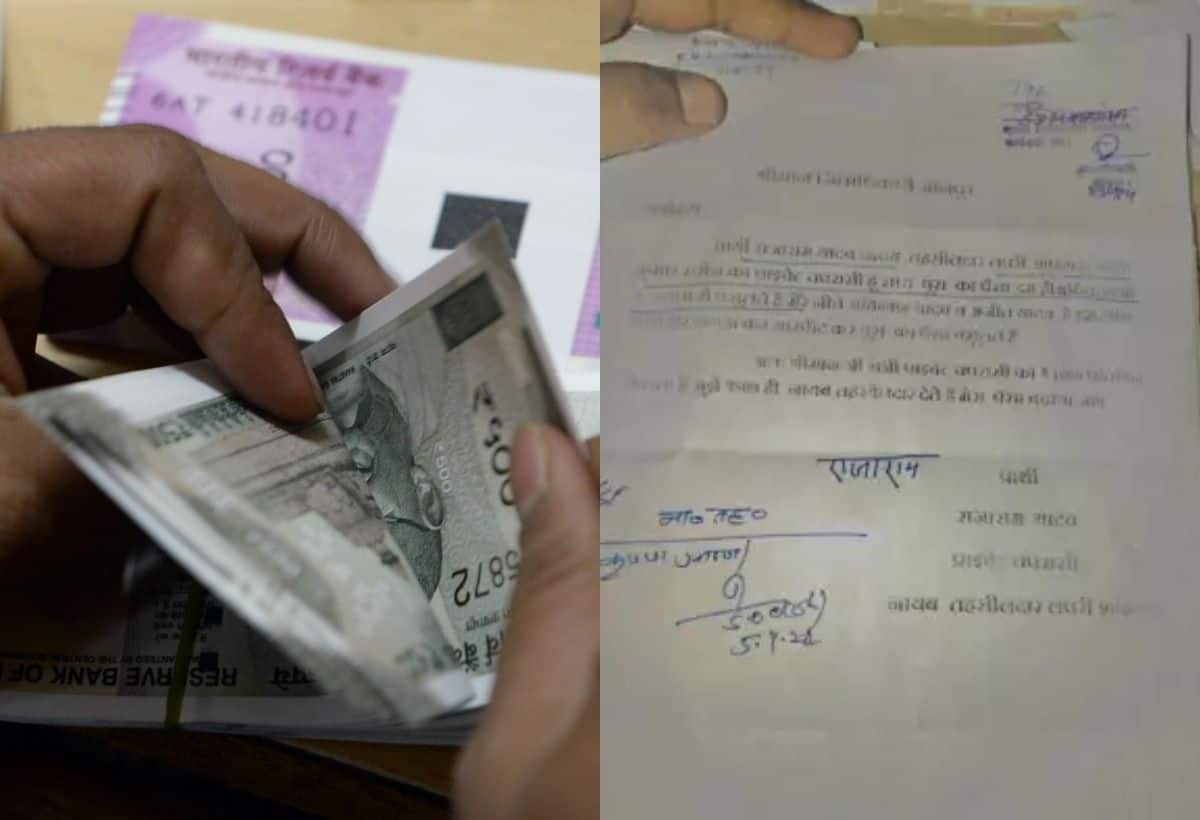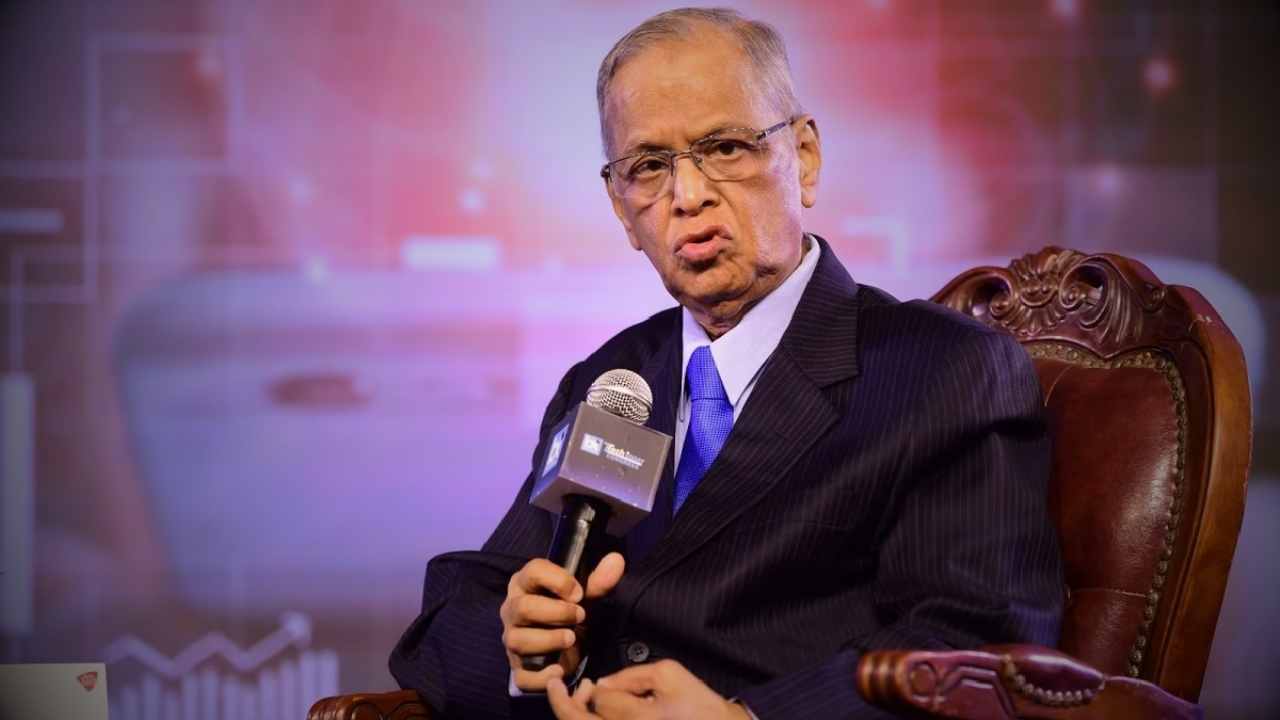A bizarre corruption case has emerged from Jaunpur, Uttar Pradesh, that has captured public attention. A private employee working at the Shahganj tehsil has written an eye-catching letter to the district officer, demanding a larger share of the bribe money collected in the office. This unexpected revelation has sparked widespread discussions on social media, causing a stir within the local administration. As the criticism mounted, the Sub-Divisional Magistrate (SDM) initiated an investigation into the matter.
Details of the Letter
The letter, written by an individual identifying himself as Rajaram Yadav, a private peon in the office of Naib Tehsildar Shailendra Kumar Saroj, claims that bribes are routinely collected from visitors throughout the day. In his own words, Yadav stated that his responsibilities include gathering all the bribe money, not only from the general public but also from advocates who frequent the office.
Bribe Collection and Distribution
The letter reveals that Yadav, along with his colleagues Avinash Yadav and Ajit Yadav, engages in aggressive tactics, reportedly employing quarreling and physical intimidation to collect bribe money. According to him, the total amount collected daily is handed over to the Naib Tehsildar, who then distributes the proceeds. Each of the private peons reportedly receives ₹1000 daily, while Yadav claims to receive only ₹500, leading him to demand a salary increase due to feeling shortchanged.
Administrative Response
Upon receiving the letter, the District Magistrate (DM) took swift action, instructing the SDM of Shahganj to carry out an investigation into Yadav’s claims. The inquiry commenced on September 5, with the SDM seeking a detailed report from the Naib Tehsildar regarding the allegations made in the letter.
Claims of a Fake Letter
Despite the gravity of the situation, the administration has labeled the letter as fake. They stated that no external employee operates within the tehsil, and additional investigations led by the Additional District Magistrate confirmed the absence of any outsider employee. This has raised questions regarding the authenticity of the allegations, as authorities work to dispel the concerns raised by the letter’s contents.
Conclusion
This unfolding situation in Jaunpur highlights ongoing corruption issues within local government offices. The shocking nature of the letter and the claims made raise significant concerns about transparency and accountability in administrative practices. As the investigation continues, it remains to be seen what actions will be taken to address these serious allegations.
The case serves as a reminder of the persistent corruption challenges within various sectors and the importance of ensuring integrity within public service. This incident puts a spotlight on the need for systemic changes and stricter oversight mechanisms to eradicate such unethical practices.











